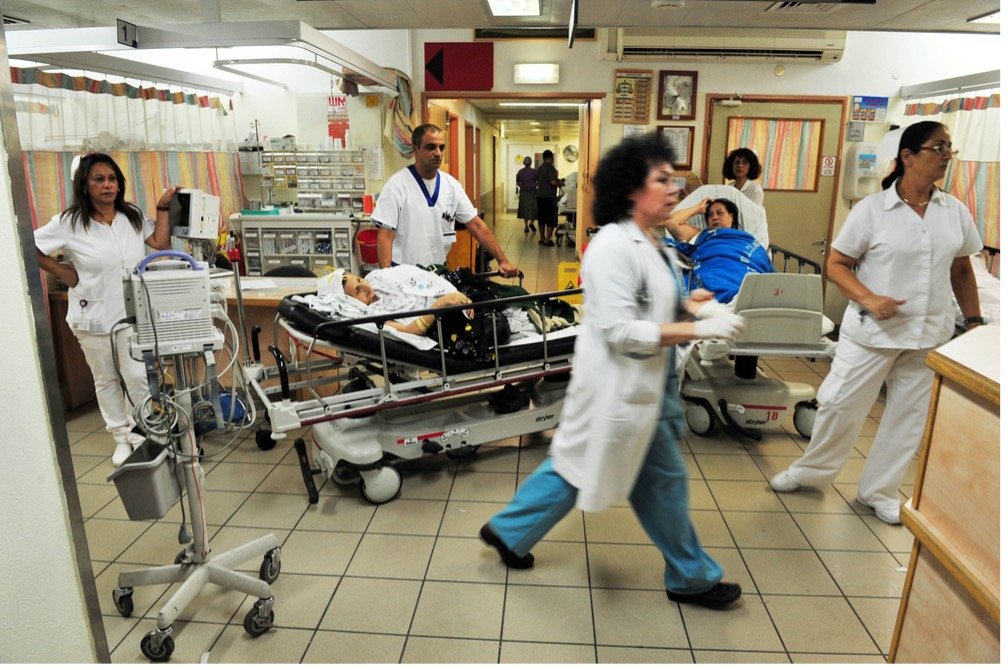
Critical Incidents
Hospitals & Medical Centers
Modern healthcare systems' dynamic and ever-evolving landscape offers immense rewards but presents significant challenges. With increasing patient volumes and case complexity, the daily stress experienced in the medical field is rising. It's evident from the data that effectively managing this stress can notably decrease the occurrence of clinical errors. Beyond the routine pressures, healthcare professionals, including nurses, physicians, and other staff, often encounter graphic and traumatic clinical situations. Almost every area within a healthcare system is potentially susceptible to a range of incidents, each posing its own set of challenges.
Below are Critical Incidents in a modern health system:
Line of duty death of a co-worker
Serious injury to a co-worker
Unexpected death of a co-worker
Unexpected death of a patient
Particularly gruesome incident
Dismemberment and/or significant loss of blood
Severely burned patient
Incidents involving death or serious injury/illness of a young child
Suicide of a co-worker or a patient
Murder/suicide
Assaults on self and/or other staff
Explicit threats of assault on staff
A patient dies as a result of going AMA
A patient dies as a result of clinical error
Catastrophic medical equipment failure
Working under threatening conditions, including WMD (e.g., biological, nuclear, incendiary, chemical, or explosive)
Prolonged or frequent exposure to death and dying
Incidents with extreme sensory stimuli (e.g., smell of blood)
Line of duty death such as police officer or firefighter
Knowing the patient or patient well known to staff
Identifying with the patient
A patient is similar in age/appearance to you or a loved one
Multiple fatalities within a short period of time
Prolonged resuscitation with a negative outcome
Dealing with hysterical and demanding family members
Any incident that has compromised or could comprise one or more person’s ability to function
Note: If you are unsure if you or an employee in your hospital or medical center has been exposed to a critical incident, you are encouraged to contact Dr. Brown for a telephone consultation. He will help you assess the incident to determine the appropriate response.